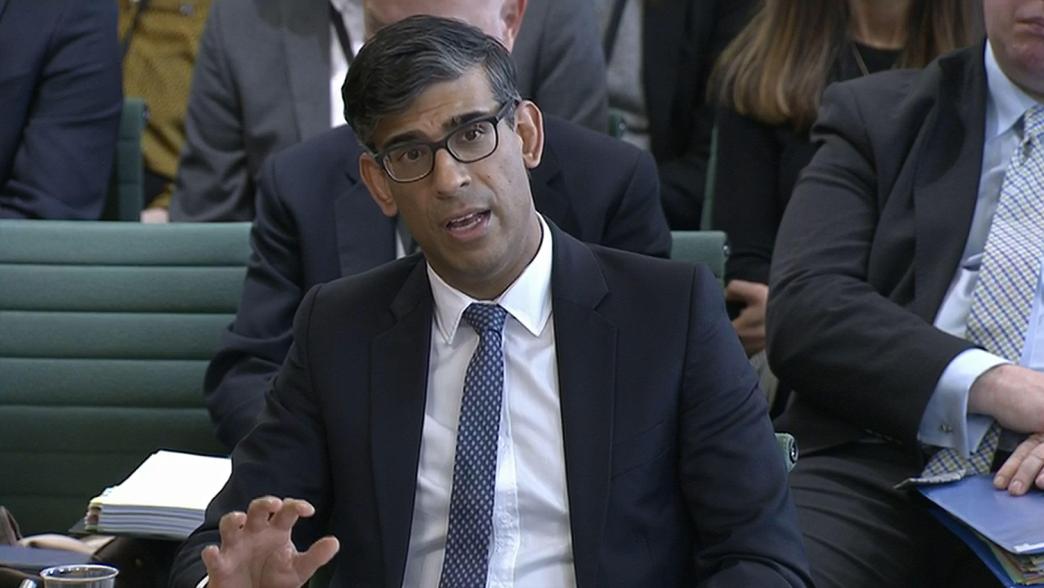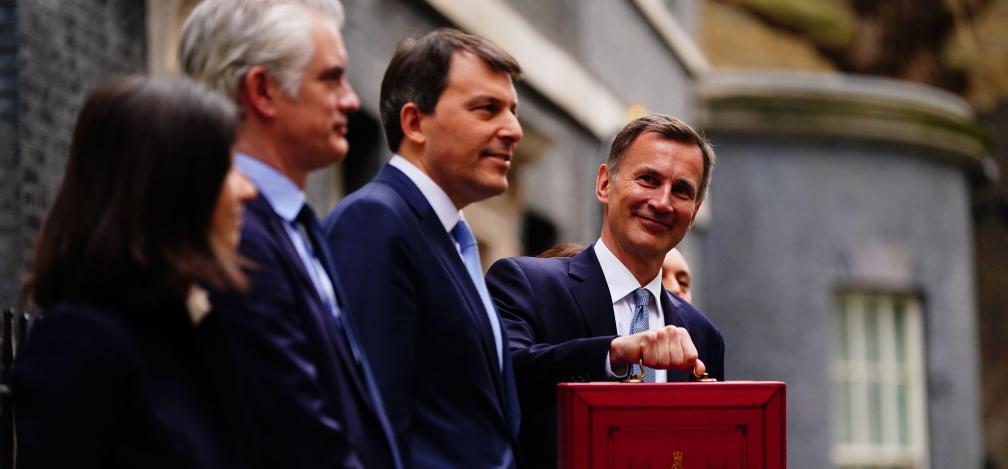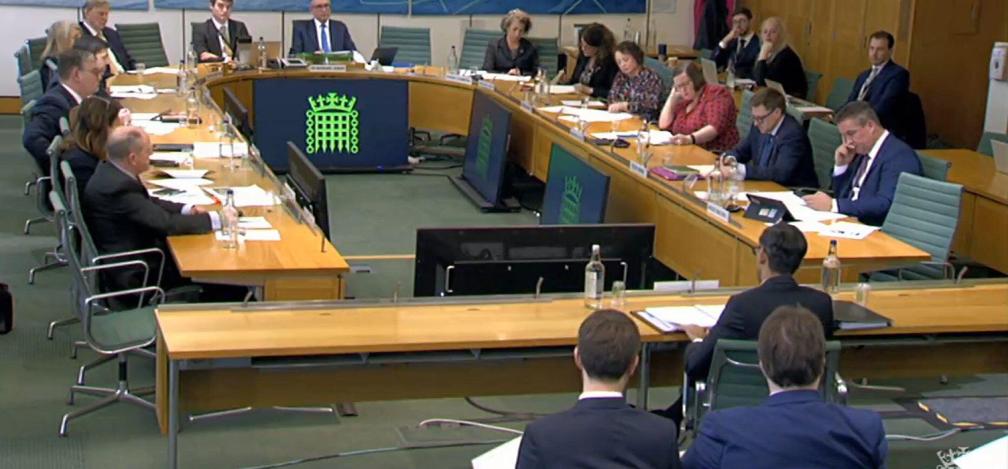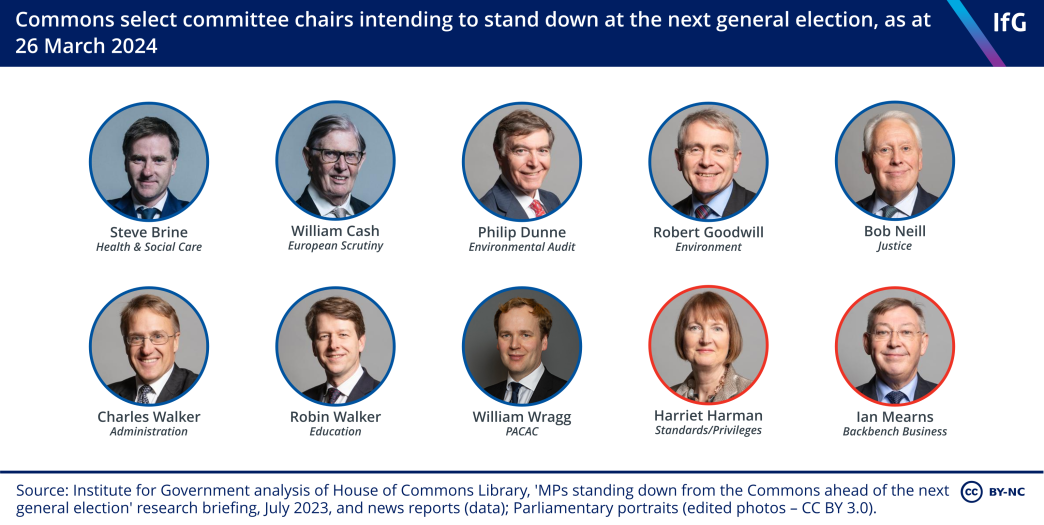Three things we learned from Rishi Sunak’s Liaison Committee appearance
How did the prime minister fare at his grilling by a committee of parliament’s senior MPs?

Stuart Hoddinott and Finn Baker watched on as the prime minister faced questioning from the Liaison Committee on the government’s spending plans
Five things we learned from the spring budget 2024
What the chancellor's measures and new OBR forecasts tell us about the state of the UK economy.
Read the comment
The Liaison Committee
What roles does the Liaison Committee play in holding the prime minister to account?
Read the explainer
